If you take a look around, you'll notice that almost every business you patronize is on social media. Most of them go as far as to set up accounts on multiple platforms, which makes a lot of sense. After all, the more social media platforms you're active on, the more people you should be able to reach.
The problem is that every business has a different audience. Your website's visitors might be incredibly active on Twitter, whereas your competitors might be doing well on Instagram. Knowing which platforms to target is key, if you want to avoid wasting time trying to reach an audience that isn't there.
In this article, we're going to talk a bit more about why your business doesn't need accounts on every social media platform. Then we'll go over two tips on how to use data to help you determine which platforms deserve your attention. Let's get to work!
Why Your Business Doesn't Need Accounts on Every Social Media Platform
Different types of audiences naturally flock to specific platforms. For example, Instagram is highly effective if you want to connect with users between 13 and 29 years old. Facebook, on the other hand, shines with older audiences.
Which social media platforms to focus on comes down to more than just demographics, however. The type of content you share also plays a massive role. If your business relies heavily on images and videos for its marketing, then Instagram is a natural pick. For blog posts, Twitter and Facebook are often better choices.
We'll dig deeper into more specific examples in a moment. For now, we want to emphasize that we're not suggesting you focus on a single social media platform. Instead, we'd encourage you to carefully select a small number of platforms to market on.
Staying active on social media requires a lot of work. Just publishing an update now and then isn't enough – you have to engage with users and take part in discussions if you want to be relevant.
Social media management tools can make your job a lot easier, but there's a lot of work you can't automate. That's why it's a better investment to spend your effort on a few of the most likely platforms, rather than putting in a token effort on all of them.
How to Choose Which Social Media Platforms to Use (2 Tips)
If you're pursuing success through social media, the first step is to decide which platforms you'll focus on. Here are two tips for getting that process started.
1. Consider the Type of Content You Want to Share
Some types of content does better on specific social media platforms, due to their setup and audience. Instagram is a perfect example, since it's built entirely around image-based content:
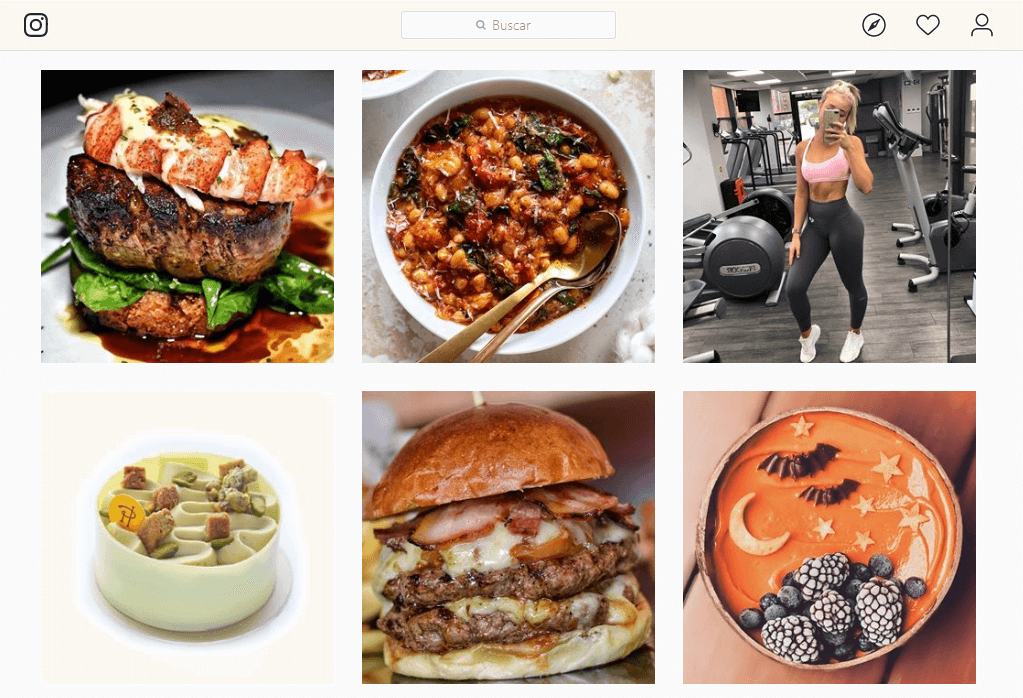
Of course, not all social media platforms are so easy to crack. With that in mind, let's break down what types of content do well on five of the most popular social media websites:
- Facebook. This one is highly versatile, so it's a great pick for text, image, and video-based content.
- YouTube. This platform is all about video, so there's little point in setting up a profile if that's not a key part of your content strategy.
- Instagram. As we mentioned before, Instagram is all about images. However, with the rise of ‘stories', it's now also a great platform for shorter video content.
- Twitter. Since you're working with relatively low word count limits, Twitter often requires you to link out to your content. That makes it a versatile option for text, images, and videos.
- Reddit. A lot of businesses use Reddit for engagement. That makes this platform an interesting option for more organic discussions.
There are literally dozens of social media platforms you can choose from for your business. If you're considering targeting a platform that's not on the above list, go ahead and spend a little time analyzing what its main feed looks like. Within a few minutes, you should have an idea about what content does best on that website.
2. Analyze Your Website's Demographics
Once you have an idea about what platforms are a good fit for your content, it's time to narrow down your options. The best way to do this is by comparing those websites' demographics with your own.
Here's a quick rundown of the types of users you can find on each of the platforms we mentioned before:
- Facebook: 25-49 (considerably higher use among women)
- YouTube: 18-24 (good balance between men and women)
- Instagram: 18-24 (women tend to be much more active than men)
- Twitter: 18-24 (slightly more men than women)
- Reddit: 25-29 (almost twice as many men as women)
Keep in mind that these numbers hardly paint the whole picture. However, it's enough to give you a quick idea for what type of audience you can find on each platform.
Now you need to take a look at your website's demographics, and try to find the closest match(es). The best way to do that is to use a tool such as Google Analytics.
With Google Analytics, you get access to data that breaks down your audience according to age and sex:
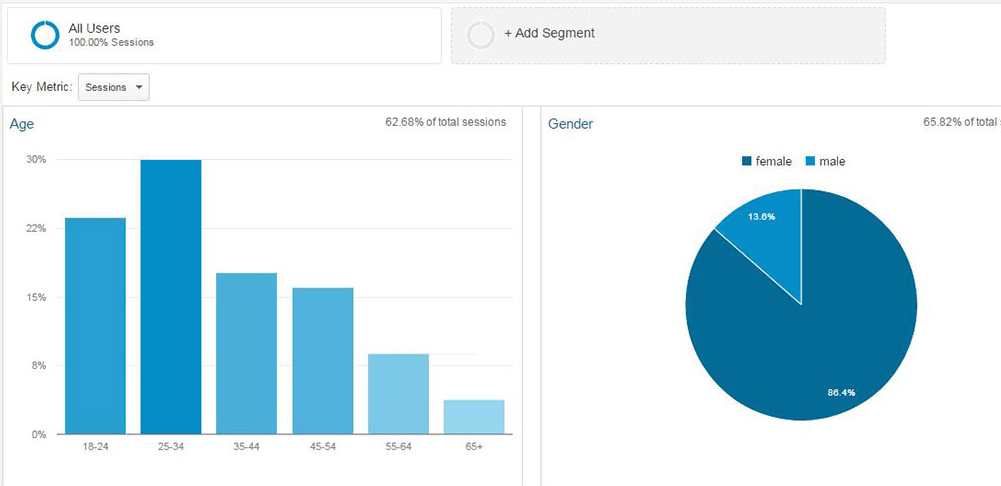
Now that you have that information, you can easily put together a list of two or three social media platforms that are a good fit for you.
Conclusion
If you're going to set up a platform on social media, then you need to remain active. Businesses with inactive accounts look unprofessional. That means it's better to be highly active on a couple of social media platforms than to spread yourself too thin.
Here are two data-driven methods to help you determine which social media platforms to target:
- Consider the type of content you want to share.
- Analyze your website's demographics.
Do you have any questions about how to choose which social media platforms to use? Let's talk about them in the comments section below!







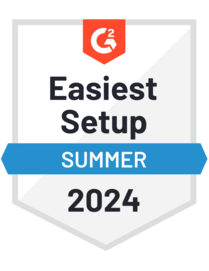



I liked how you explained on issue of using social media and how a person is supposed to choose?